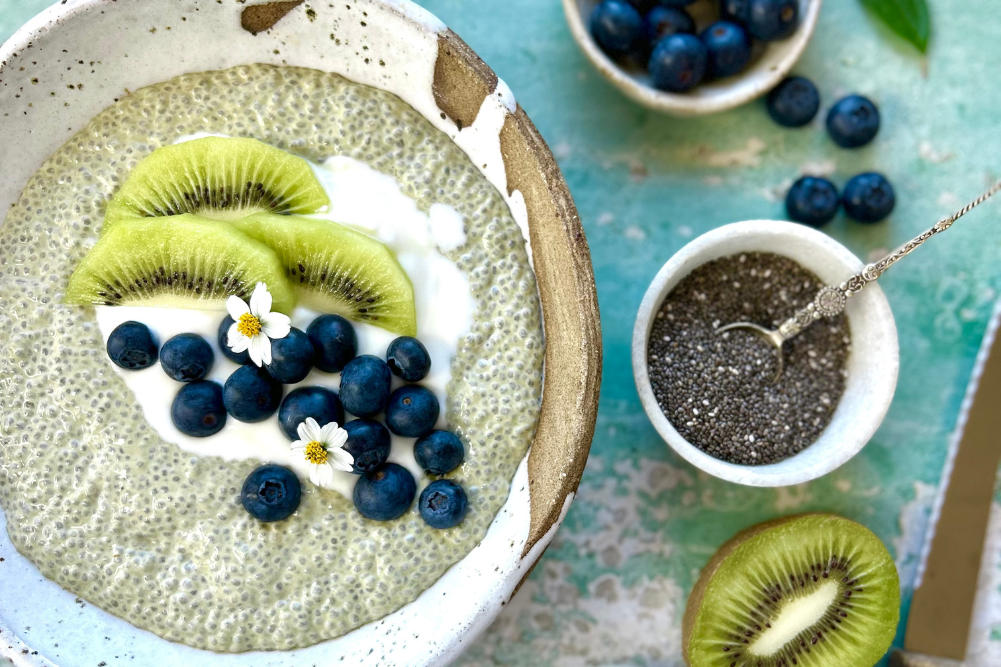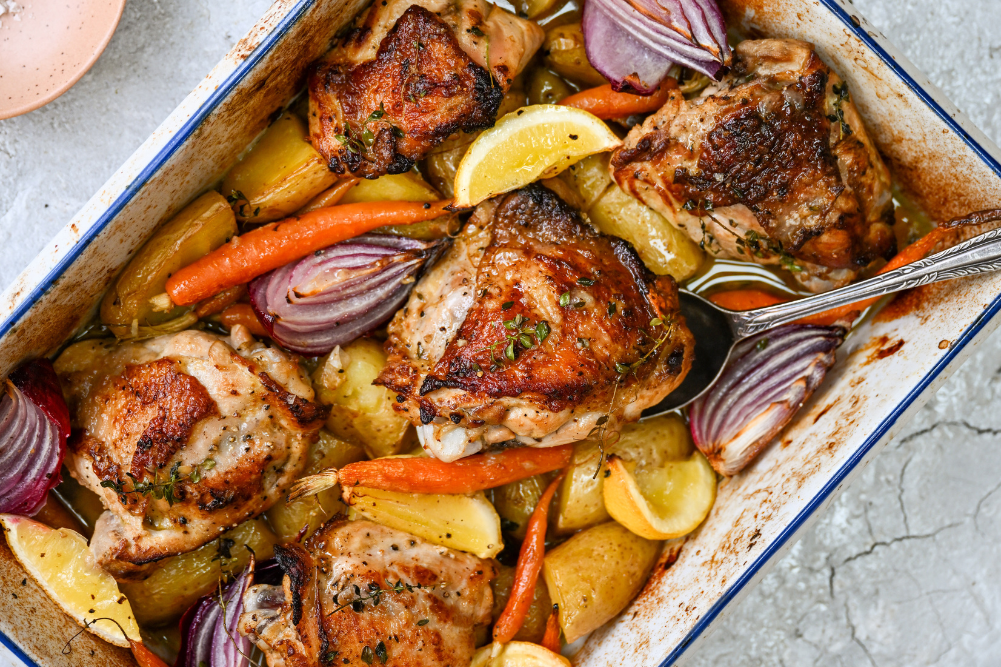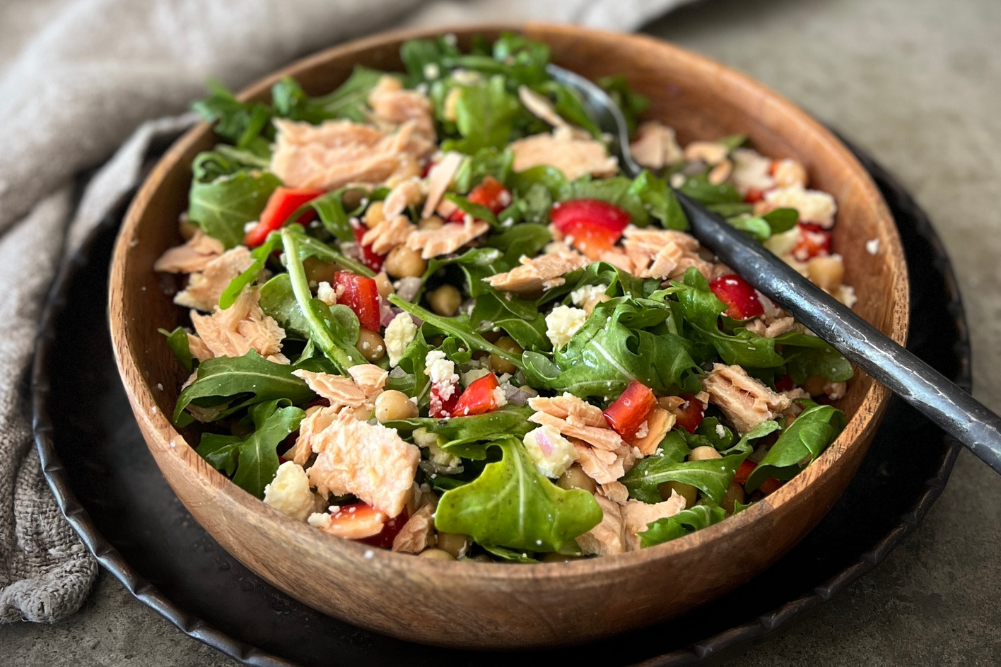Change your cancer gene
If someone told you to, “Change your jeans!†you would probably think, “OK, I have been wearing them for a week now, I’ll give them a wash.†Yet if someone told you to, “Change your genes!â€, then your response might be a little less acquiescent and might go something like, “Change my genes? I can’t change my genes, that’s what genes are…unchangeable! I can’t change my genetics, that’s who I am. Leave me and my genes alone!â€
Such a wildly disparate response to a simple change in spelling. If that second response though, is one that you agree with, then think again. Your genes may be set, but how they are expressed is not and that is the science of epigenetics. What new research is now showing is that certain vegetables reduce your chances of cancer, and may even treat cancer, via epigenetic effects. That is, some vegetables can change how your genes express themselves and in so doing give your health a major boost.
We have known for a long time, perhaps forever, that vegetables are good for us. Mostly we have understood that in terms of their nutritional content; we know that vegetables provide you with the vitamins and minerals that your cells need to function optimally. Now knew research has shown that some vegetables provide more than nutrition, they provide substances that impact how your genetic material expresses itself and that means they impact your health and specifically your cancer risk.
This genetic impact of vegetables is described as “epigeneticâ€; it does not change your genes but it affects how your genes are expressed. By examining the available medical and scientific literature researcher have now shown how certain vegetables effect your gene expression in ways that reduce your cancer risk.
The researchers found evidence that dietary components can interfere with various epigenetic targets in cancer prevention and therapy. These agents include curcumin (turmeric), genistein (soybean), tea polyphenols (green tea), resveratrol (grapes), and sulphoraphane (cauliflower, broccoli, cabbage). These bioactive components alter processes called “methylation†and “histone modification†required for gene activation or silencing in cancer prevention and therapy.
In animal based studies the polyphenols from green tea have been shown to reduce the activity of genes that trigger breast cancer. Sulphorophane has a similar effect on a range of cancers.
There you have it; your jeans may express themselves as you strut your funky thing on the dancefloor or just in your smooth moves on the footpath. However, the factors influencing your jean expression are simple and largely come down to how much gluteal work you have put in. On the other hand, a wide variety of factors determine how your genes express themselves and among those factors is your diet and in this case, vegetables. You are not a victim of your genes, you influence how they will be expressed, so choose to make that influence a positive one.
Meanwhile if you visit Meijer Ad that contains mostly likewise discounts with Winn Dixie Ad you surely have a range like ALDI Ad.







